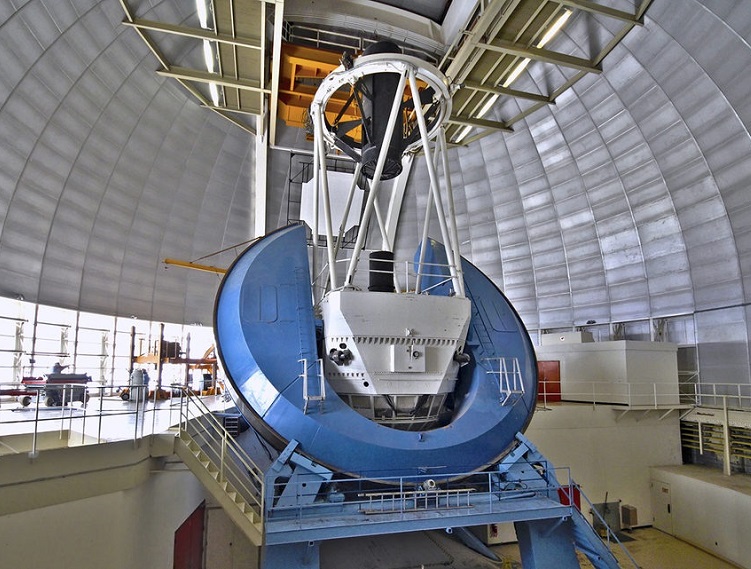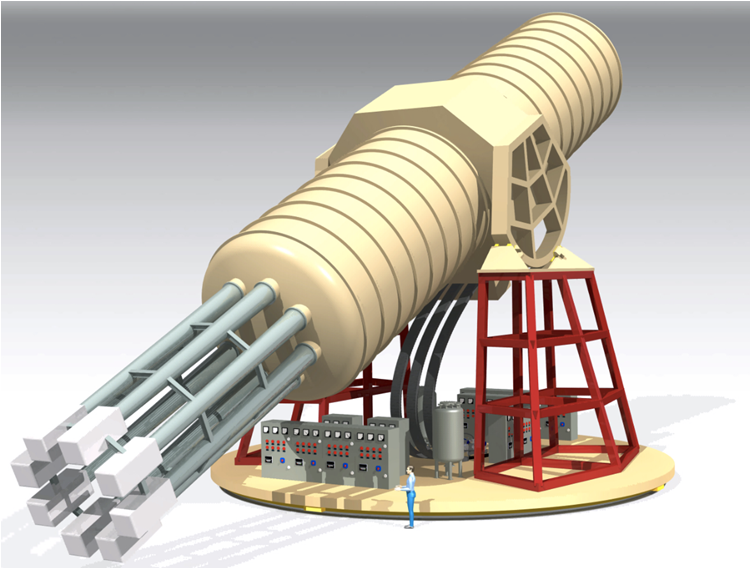In the past two decades Cosmology, the study of the Universe as a whole, has experienced dramatic progress. Several independent observations have resulted in a remarkably accurate determination of the Big Bang model, complemented with an initial period of inflation, that describes the evolution of our Universe over the past 13.8 billion years with only a handful of parameters. We can now undoubtedly say that cosmology has entered a new age of precision.
OUR CONTRIBUTION
One of the main interests at ICCUB is the study of the connection between cosmological observations and the physics behind the standard cosmological model, hoping to shed some light on the “open questions” in cosmology. Cosmology is tackled at the ICCUB through both an observational and a theoretical approach.
The research directions range from the inflationary model, the effects of massive neutrinos in cosmology, the Cosmic Microwave Background (CMB) and the epoch of reionization, to the formation and evolution of galaxies and the distribution of gas in space, including statistical applications and data analysis. Research is also being carried out into the nature of dark matter and the primordial fluctuations that gave rise to galaxies and larger structures in the universe. The observational tools available for these studies are gravitational lensing by galaxies, clusters of galaxies and large-scale structure, microlensing of stars or quasars by any kind of compact object, the spatial distribution of galaxies and of matter in intergalactic space that is measured from absorption signatures in spectra of background sources, and the structure of dark matter halos studied through the dynamics of galaxies in clusters.
The ICCUB is also involved in several cosmological projects of ground-based and space surveys, such as DESI and IAXO.
DESI collaboration

LINES OF RESEARCH
-
Large scale structure of galaxies and the intergalactic medium.
-
Galaxy redshift survey.
-
Microwave background radiation anisotropies.
-
Baryonic acoustic oscillations.
-
Dark matter and dark energy.
-
Neutrinos in cosmology.
-
Dark matter, black holes and cosmology with gravity waves.
-
Lyman-alpha emission from galaxies at high redshifts.
-
Reionization of the intergalactic medium.
-
Gravitational lensing as a dark matter probe.
